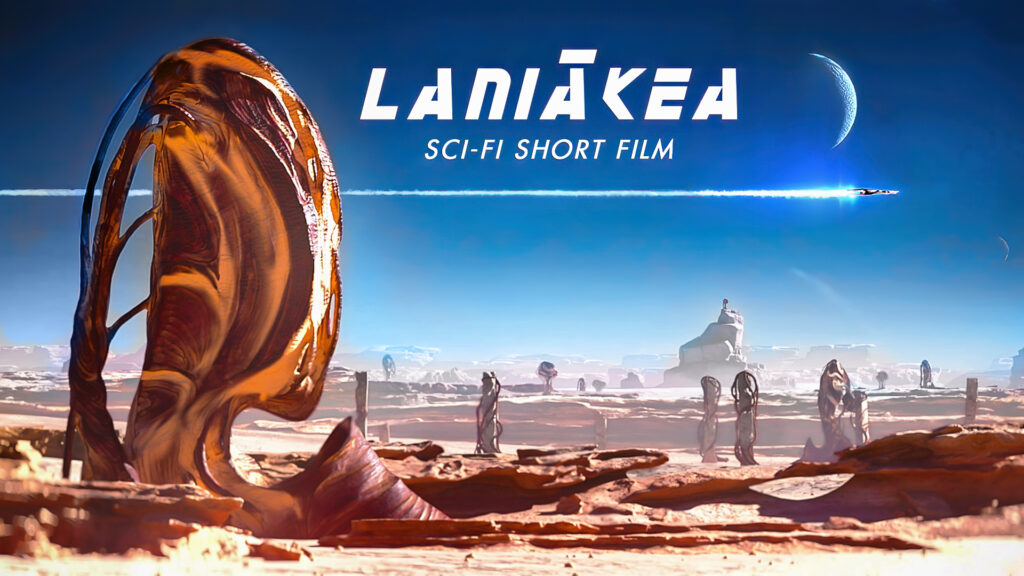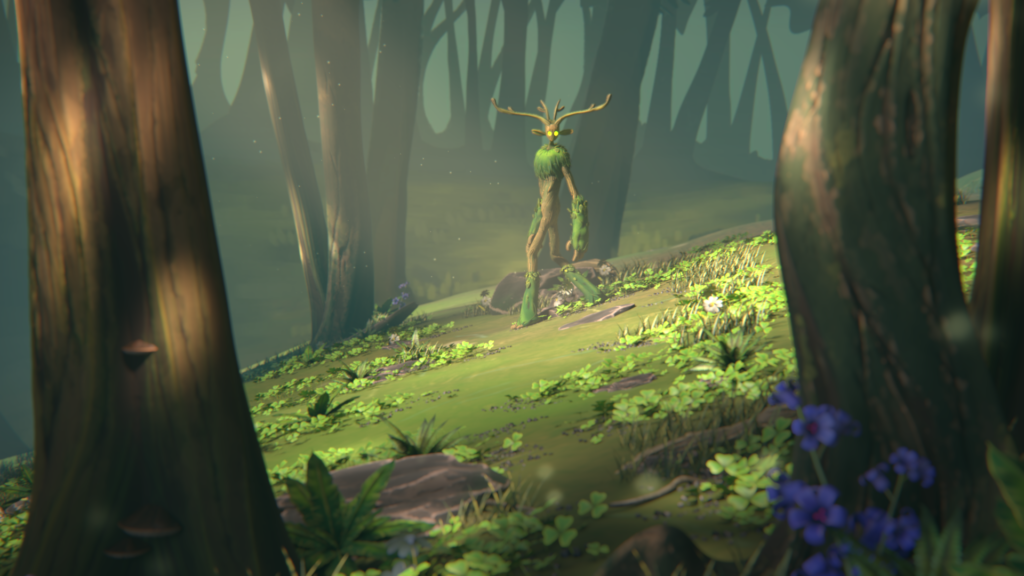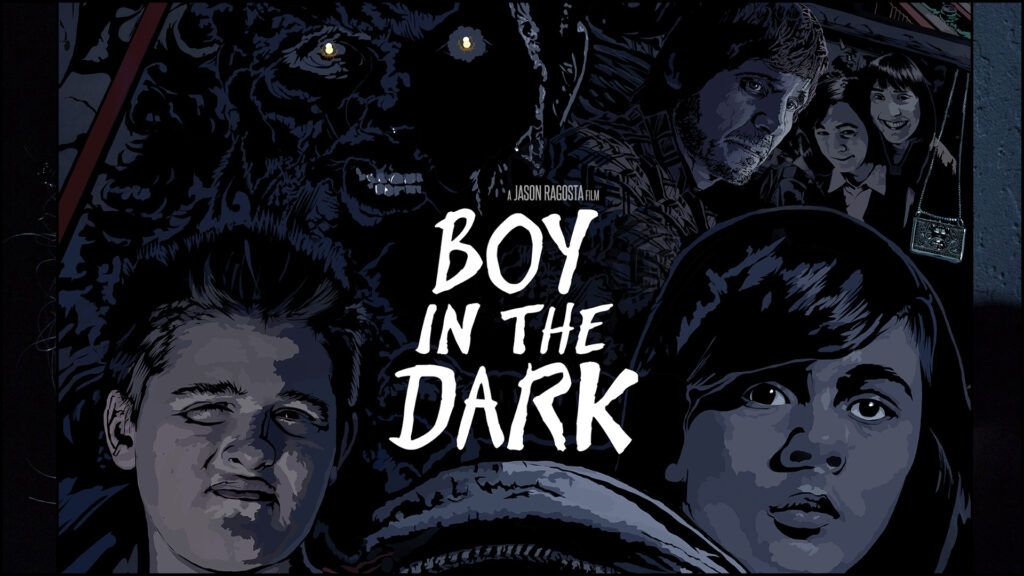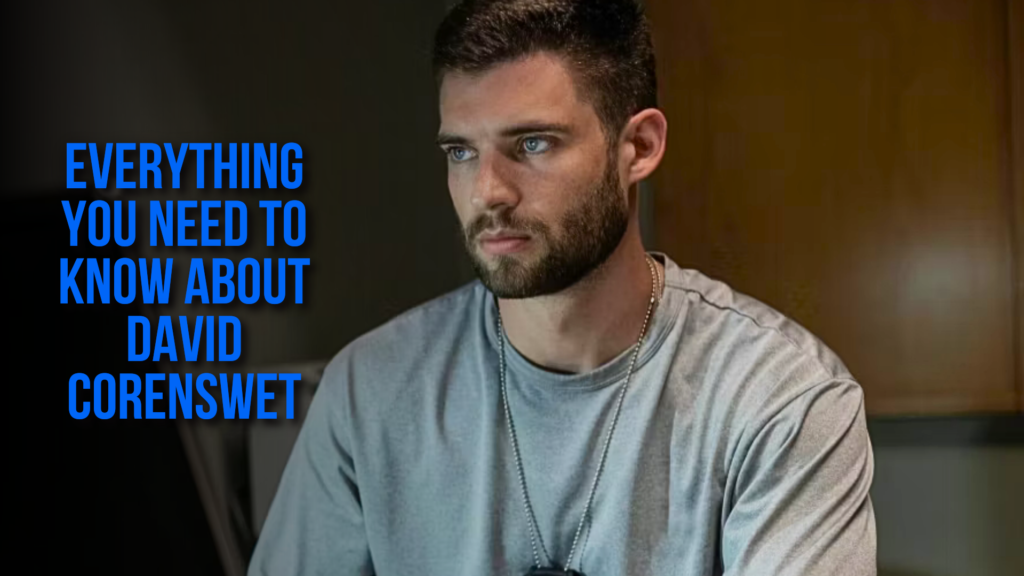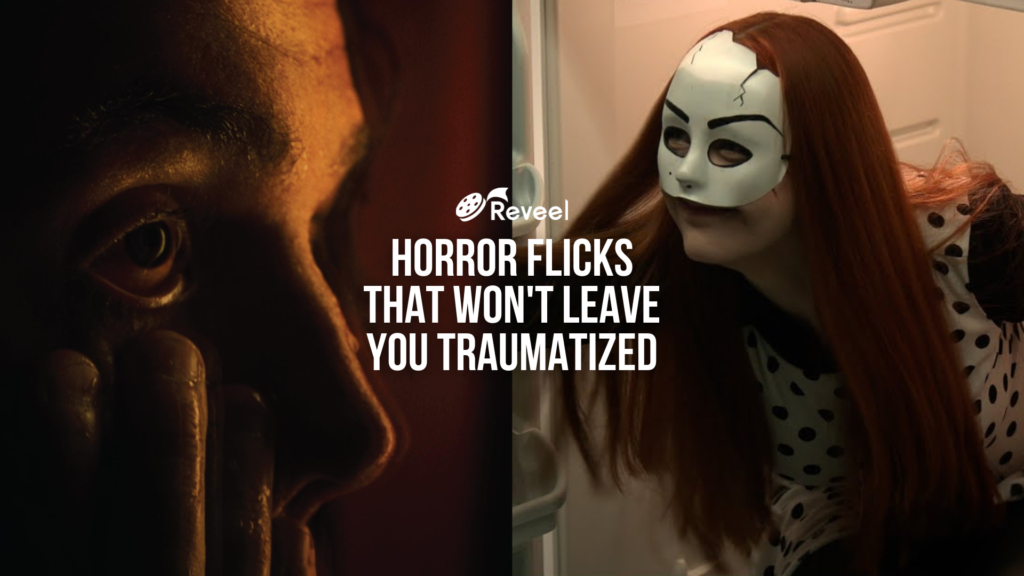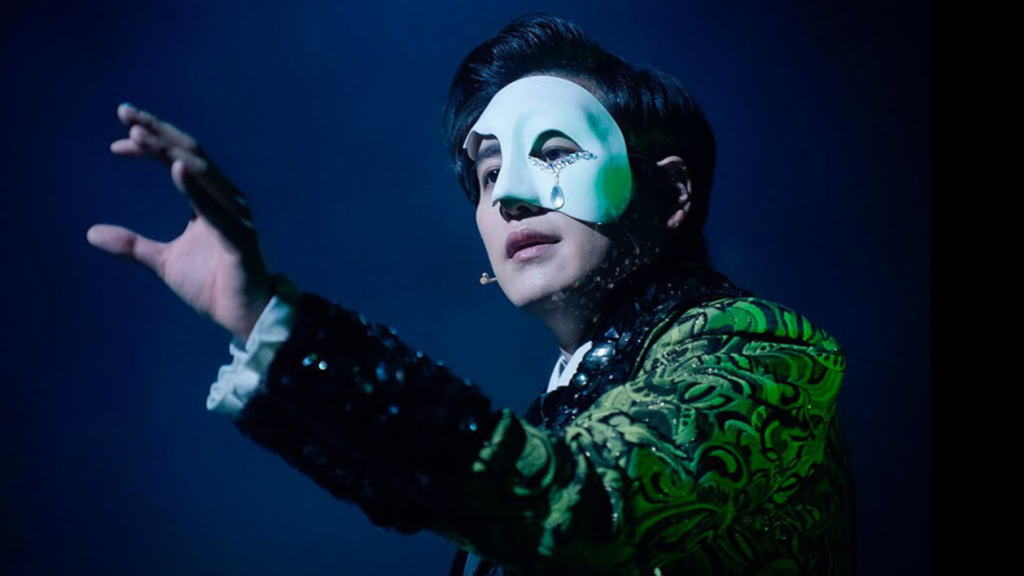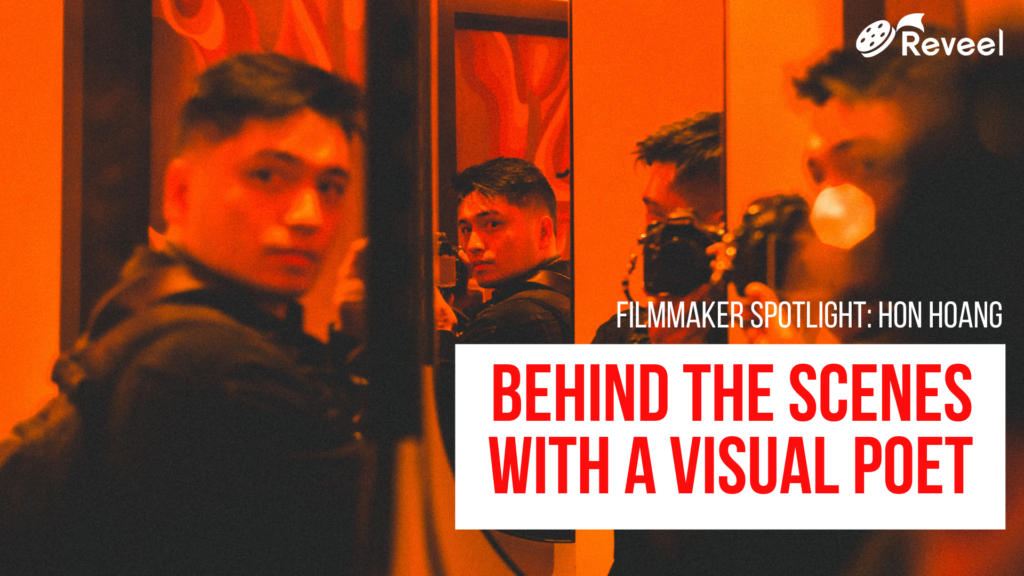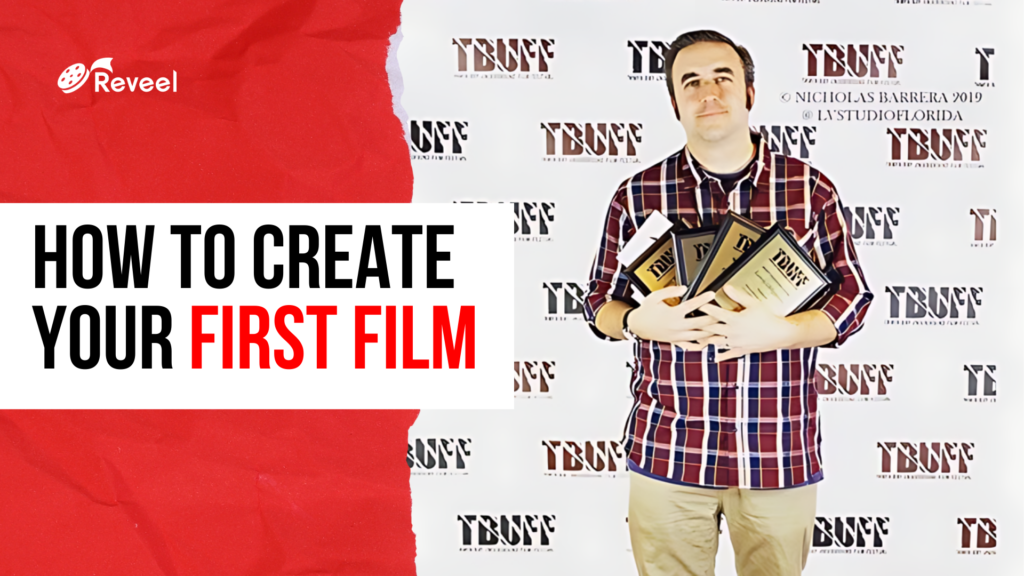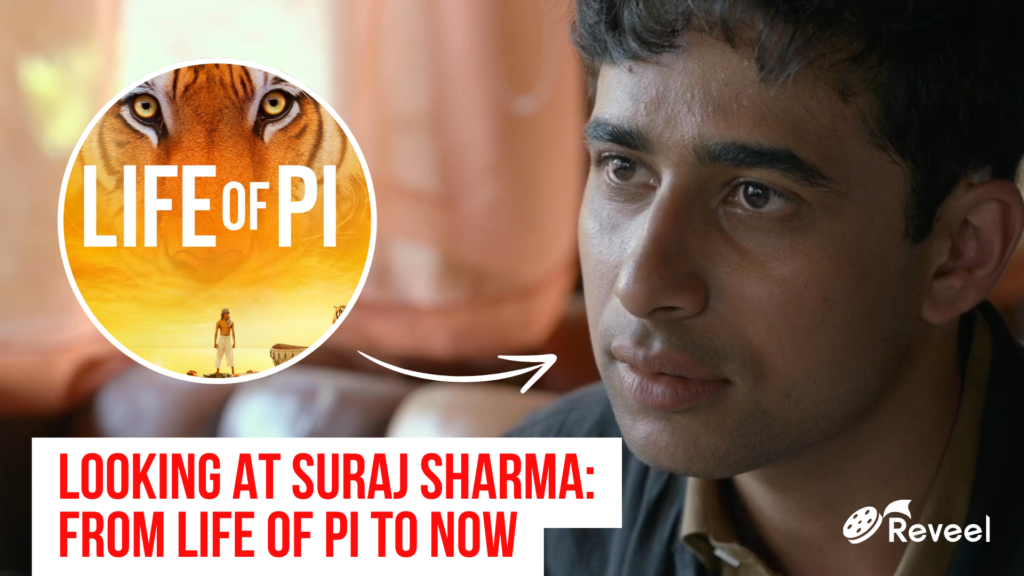Gavin Michael Booth is a prolific writer, editor, producer, and director who has worked with various filmmakers from Jason Blum of Blumhouse Productions to studios like NBCUniversal. Now, Gavin has released a new film titled “Rent Do” that he has directed himself. Rent Do is a comedy about how desperate you can feel when rent is due and you’re out of a job. We’ve interviewed Gavin Michael Booth to get a better understanding of his creative process and a behind the scenes look into his new short film.
The following interview has been edited for clarity and length.
1. Can you tell us what Rent Do is about in your own words?
Gavin: Rent Do is about three roommates that live in a fantasy world when it comes to growing and finding meaningful career paths. Each month, when rent is due, they find themselves scrambling to find the means by which to pay it; usually with comedic side effects.
2. Can you walk us through how you break down a script as a director? How do you decide if you want to direct or produce a script? What do you look for?
Gavin: Good films with good people. I want to love the script first and foremost. I want to know the writers are open to my ideas, to my directing style and that I will want to make changes to the script but only from a sense of making it suit my sense of storytelling and always trying to better the characters. I also have to be keeping budget in mind – am I the right person to execute this and make sure the production value is high in conjunction with the budget or time restrictions we have to create it.
Those are the housekeeping factors upfront. Then it becomes a wanting for original ideas. Stories that haven’t been told before. Interesting ways to approach filmmaking that will challenge me. I feel confident in saying that all of my short and feature films look and feel different from one another and if no one told you, you might not be able to tell the same director made them.
3. As a director with a wide variety of experience, what is different about directing a comedy compared to other genres?
Gavin: First off, I rarely get approached to do comedy though I love comedy! I believe it is harder than drama or horror by far. Comedic timing isn’t just on the part of the actor – the editing, the blocking and pacing of scenes, the use of music – it all plays into a great comedic flow. It is scary for me. Which is exactly what I need to continue to push myself to experiment. More than other genres, I think comedies live and die by their cast. Making sure that the chemistry and the style of comedy amongst the cast works is a huge part in making sure the film will work.

4. I’ve always felt that comedic acting is underappreciated. How did you approach working with the actors to capture the hilarious performances that we see in the film?
Gavin: There is an advantage here that two out of three actors I had worked with in the past. I knew their abilities. There’s a second advantage that two of the actors are the writers and producers. They’ve been developing this short (and a series alongside it set in the same world) for a long time. They’ve been able to be in these characters’ shoes for a long time. Generally, with short films and indie films, you do not get much, if any, rehearsal time. So the read-throughs in advance, the discussion of each character’s quirks and worldviews were really important. Then on set it is about trust and freedom. Try the lines in different ways. Pace it differently. Add improv moments if inspiration strikes. Give the actors the freedom to fail, knowing their director won’t use any “bad” takes if they are willing to experiment and find the best performance.
5. Were there any scenes that ended up being very different from what you had originally envisioned when initially reading the script?
Gavin: The corner store robbery was definitely one. In the film, the scene plays out in a single shot, with no edits. It wasn’t scripted or initially planned that way. Once on location and feeling it out, I really felt that it added to fact that two guys are too wrapped up in their own self-loathing, self-congratulating conversation that they can’t see, mere feet from them, that Winnie has taken things way out of hand. Any time you don’t have to cut and can let great actors ACT I think you have an advantage.
6. What were the biggest challenges to getting Rent Do made?
Gavin: Committing to a three-day schedule. The film has a lot of locations, a lot of sets ups in each location – like the job hunting montage for example – and the economics of the shooting schedule, reducing the number of takes we’ll be allowed to have timing-wise for each scene meant that it was going to be a fast shoot shot after shot.

7. The short film was very visually engaging, what movies influenced the cinematography and editing choices used in the film?
Gavin: I can’t say that there were specific references for the short as a whole but one that stands out is wanting Adrian Ellis, our composer, to flavor the “end of the world” scenes with a Blade Runner-esque score. The editing was hand in hand with the shooting – sometimes planning exactly what line would be said in each shot and knowing that edit in my head ahead helped build those choices. Tonally, even though our idiot trio can be zany, we wanted that to be in their heads but the world around them feels very grounded.
8. What drew you to the film industry and what role in a film production do you find the most challenging?
Gavin: I’ve been movie-obsessed and storytelling-obsessed since childhood. I haven’t ever wanted to do anything else. By the time I was in high school, I was THAT A/V club geek. Making short films to accompany each school project for bonus marks. Spending my weekends and evenings filming and editing little clips out of everything I did and saw. It was inevitable even if the path I took was a little wobbly in the knees at first.
Producing. Making any film happen is a nightmare. Raising money, getting that many moving parts to line up and work in perfect synchronicity during production and post… I wouldn’t wish it on anyone. Yet, I produce all of my own projects. Glutton for punishment here.
9. In your opinion, why do you think short films have gotten more important in recent years? What makes them so important for filmmakers and so enjoyable for audiences to watch?
Gavin: Short films traditionally were what is known as “calling card” films. You made them as a sample piece to get attention from movie studios, producers, and television networks so you could be considered for directing jobs. Now, with streaming video and Youtube, short films are an artistic medium all of their own. You can be making a short to get attention for a series or feature you want to make or you can just tell shorter form content that you are passionate about. There’s typically a long gap between getting to make feature films. Two to seven years I would say is a fair average for most indie filmmakers. Shorts for me, are a perfect way to stay busy, stay creative, work with new cast and crew, play in different genres, and just have more content out in the world. I love filmmaking and all of the time I spend NOT MAKING FILMS is really depressing. Shorts are a perfect fix.
For the audience, there’s less time commitment. You can take a chance on cast and crew that aren’t household names and only need 10-15 minutes to enjoy their short. You can see so many different points of view, styles, and stories being told that you aren’t finding in longer formats. For the audience, short films are a wonderful world of entertainment that will be constantly churning out new content, and much of it is for free online!
When Rich, Winnie, and Pete are unceremoniously fired on the same day, Winnie takes matters into her own hands and forcing them all into hiding, jeopardizing their safety, sanity and savings. Watch Rent Do For Free on Reveel!



